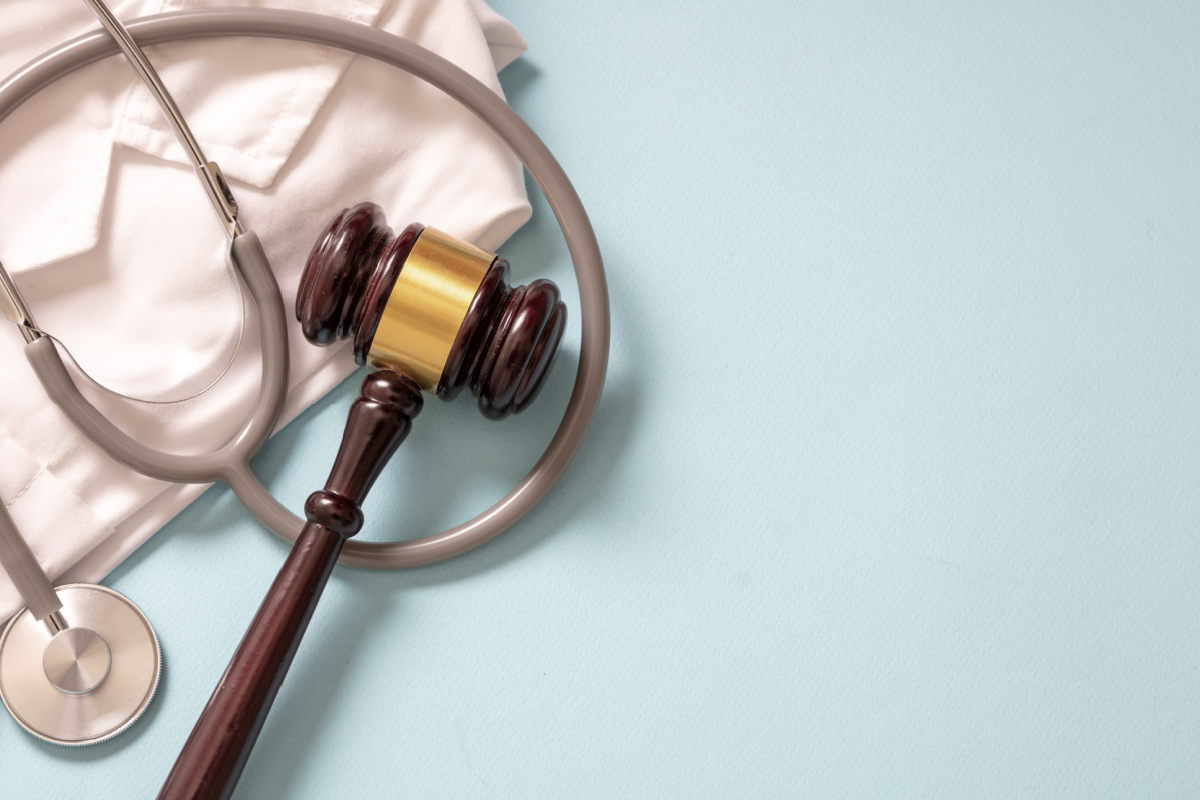
It is rare for a medical malpractice case not to involve medical expert testimony. This is because medical malpractice cases deal with highly complex medical subjects that are typically beyond the scope of the average juror. A medical expert witness can be hired by a plaintiff to fill in the gaps and explain nuanced medical issues in a way that can be understood by the jury. While a jury is not required to adopt the medical expert’s opinion as fact, it can help shape their understanding of a case and its key elements. If you’re pursuing a case, consider exploring expert testimony in malpractice cases.
A medical expert is a person who is regarded as an authority on a medical subject based on extensive experience, education and/or first-hand knowledge in the field. It is someone who is currently engaged in either practicing or teaching medicine. Medical expert witnesses can be physicians, surgeons, nurses, chiropractors and other licensed health care practitioners whose experience and skill qualify them to testify as experts on a particular subject. A medical expert can be hired by a plaintiff to give his or her expert opinion on a fact that is relevant to the case as testimony. The average cost of hiring a medical expert runs between $275 and $500 per hour.
The purpose of bringing a medical expert into a medical malpractice case is typically to examine the material facts and give an expert opinion for the record. A medical expert may be used to testify about one or more aspects of a case. For example, there may be an injury expert hired to testify regarding the injuries or illness the plaintiff is claiming, such as how the injury might have been caused and what effects it will likely have on the victim’s life.
The same case may also bring in a separate medical expert for testimony regarding the alleged malpractice itself. This expert might examine evidence such as the plaintiff’s medical records and doctor’s notes to establish the standard of care and determine if it was breached. For example, the expert may compare the defendant’s actions or omissions to what the expert reasonably would have done in the same circumstances as a physician in the same field. This can help a jury understand the defendant’s standards of care at the time of the incident and how he or she breached them when treating the plaintiff. For legal assistance, contact Manchin Injury Law for expert support.
Medical expert testimony is not mandatory during a medical malpractice trial in West Virginia. However, it is required prior to the trial, as at least 30 days before the plaintiff files a medical malpractice lawsuit, he or she must use a medical expert to verify the facts of the case. West Virginia Code Section 55-7B-6 requires a screening certificate of merit as a prerequisite for a medical malpractice claim. This is a written document created by a health care provider who qualifies as an expert under the state’s civil court rules.
The screening certificate of merit must contain the following:
West Virginia’s civil court defines a medical expert witness for the purposes of this certificate as someone who is qualified under the state’s rules of evidence, maintains a current license to practice medicine, and who at the time of medical injury dedicates at least 60 percent of his or her professional time to active clinical practice or teaching in his or her medical field or specialty.
To learn more about medical expert testimony during your particular case, contact a medical malpractice lawyer in West Virginia. A lawyer can connect you to qualified medical experts in your region to complete the screening certificate of merit requirement and/or testify during your case.

Attorney Timothy Manchin established the Manchin Injury Law Group in 2011 after his law partner of more than 25 years became a West Virginia circuit court judge. His focus is on helping individual clients and entire families victimized by negligent acts.
We offer a free initial consultation at our office in the Manchin Professional Building — our home since 1983 — conveniently located in Fairmont.
If you are unable to visit our firm, we can come to your home or hospital room.
Fill out the form below to get in touch!